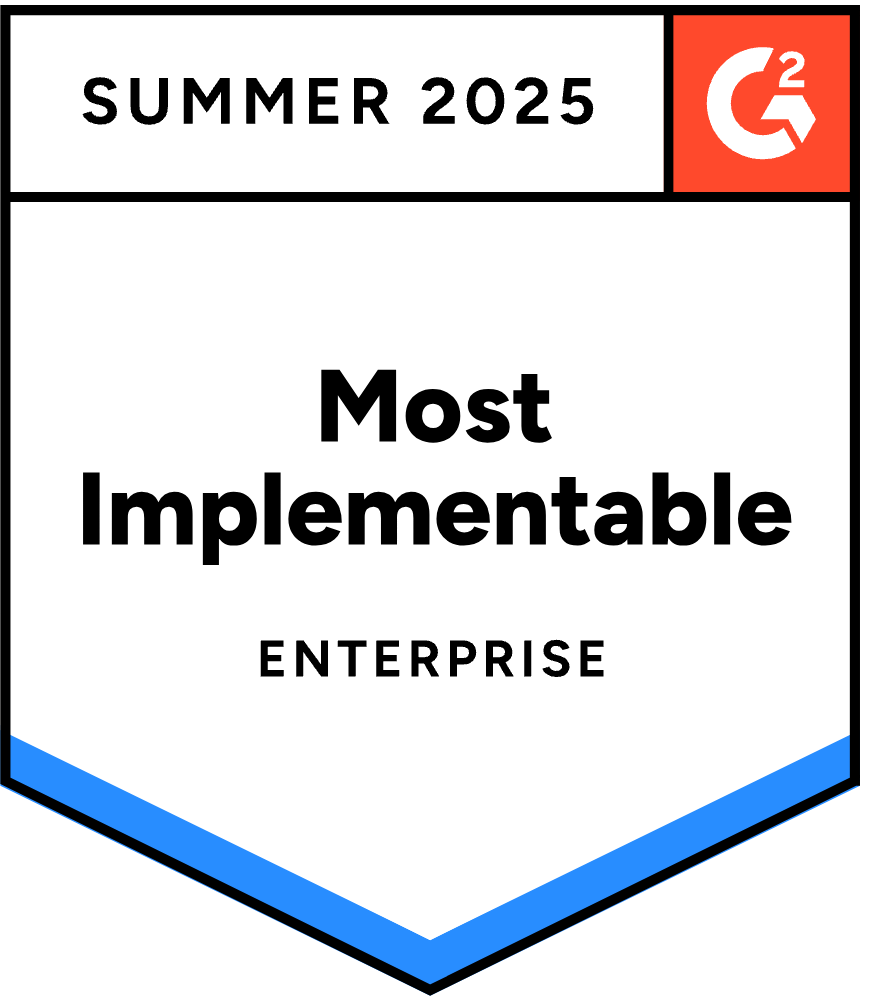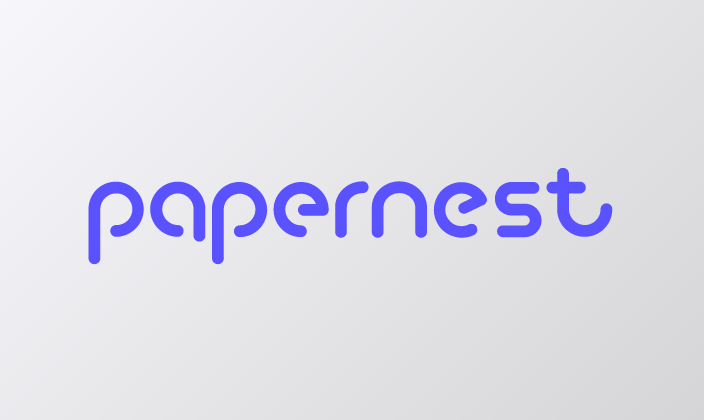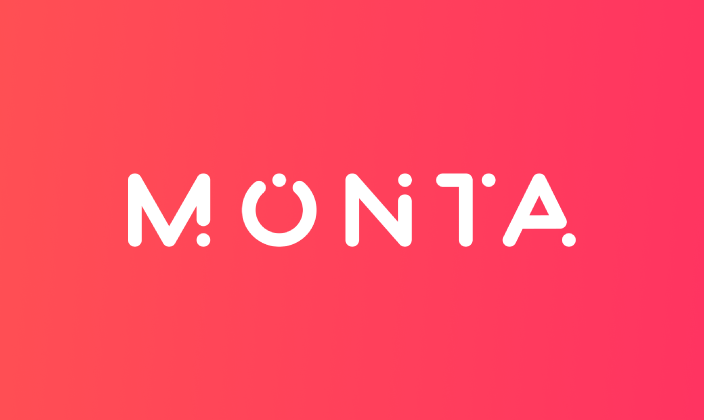Cloud RADIUS
Centralized authentication to Wi-Fi networks and VPNs with no hardware requirements.
All the Power of RADIUS, None of the Server Hassle
Using the RADIUS protocol traditionally involves building, maintaining, and monitoring physical servers, which adds additional costs on top of expensive hardware and licensing. However, with JumpCloud Cloud RADIUS, support RADIUS throughout your organization to securely authenticate users to Wi-Fi, VPNs, switches, and other network devices with minimal in-house management.
Delegated Authentication l
Major barriers that prevent organizations from improving end user access to corporate networks are the costs and effort associated with maintaining physical RADIUS servers. JumpCloud supports managed RADIUS as part of its core directory platform or with delegated authentication to established IdPs (such as Microsoft Entra ID). Simply point your Wi-Fi networks and VPNs to JumpCloud’s RADIUS servers, and easily grant secure access via your directory.
Support Article
| Overview of RADIUS-as-a-ServiceVideo Tutorial
| Configuring RADIUSCourse
| Advanced RADIS

Ensure Network Security
Unmanaged wireless access points using a shared passcode or broadcasting open guest networks can lead to unauthorized access to corporate networks, creating security gaps. JumpCloud automatically generates complex passwords (shared secrets) for authentication between your WAPs and JumpCloud’s RADIUS servers. You can also simply add multi-factor authentication (MFA) to VPN or Wi-Fi login to increase security. This maintains a secure connection between infrastructure endpoints while users log in with their secure individual credentials.
Support Article
| Configure your WiFi Clients to use RADIUSSupport Article
| Authenticate to RADIUS with MFATutorial Blog Post
| Create a JumpCloud-Managed VPN Using Pritunl

Control User Access
Managing who has access to what via group membership reduces IT overhead and ensures all end users have the correct access they need. JumpCloud makes it easy to monitor RADIUS access, map VLANs to restrict access to critical subnets, and provision or revoke access at any time with just a few clicks as part of a unified access management strategy.
Blog Post
| Improve MSP Security Offerings with JumpCloud + RADIUSSupport Article
| Updating RADIUS CertificatesTutorial Blog Post
| Manage and Secure Access to SonicWall NSv with JumpCloud

Explore JumpCloud Open Directory Platform Capabilities
Identity Management
Access Management
Device Management







